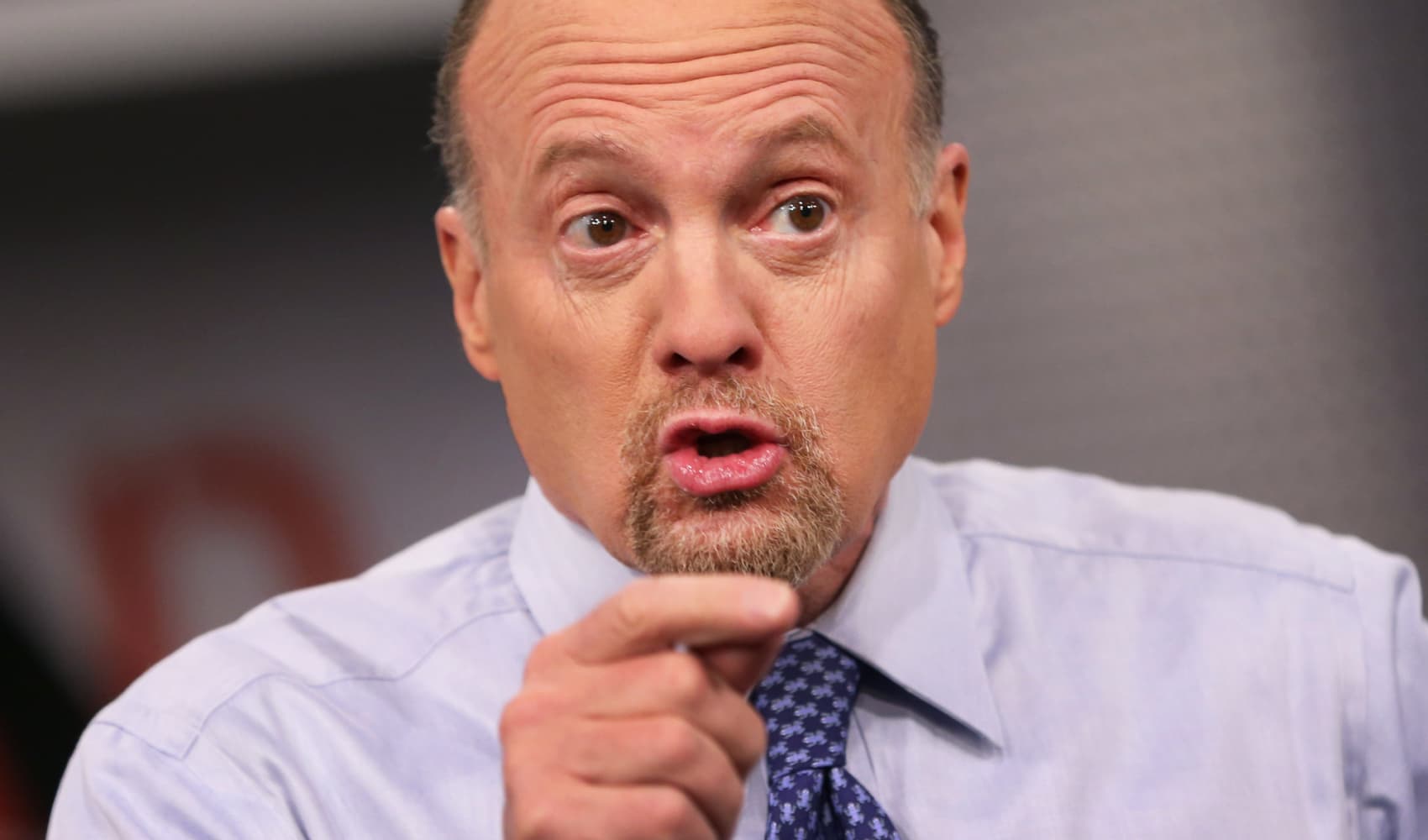
Rosalind “Roz” Brewer
- Retail veteran Roz Brewer is out as Walgreens CEO after more than two years in the job.
- Walgreens' stock has struggled this year as demand for Covid vaccines has fallen and retail sales have slowed.
- The company wants its next CEO to have "deep health care experience."
Walgreens Boots Alliance said Friday that Roz Brewer had stepped down as the company's chief executive as it leans deeper into its strategy to become a health-care company instead of a drugstore.
She also left the company's board, effective Thursday. The decision was mutual, according to a news release.
Shares of Walgreens fell about 7% Friday.
Get top local stories in DFW delivered to you every morning. Sign up for NBC DFW's News Headlines newsletter.
Ginger Graham, the lead independent director and a health-care industry veteran, will work as interim chief while the company searches for a successor. Graham is a veteran of the health-care industry.
Brewer has agreed to continue advising the company until it selects a permanent CEO. She didn't immediately return requests for comment.
"Our Board and leadership team will intensify our focus on creating value for our customers and our shareholders while we advance the search for a successor with deep healthcare experience to lead in today's dynamic environment," said Stefano Pessina, Walgreens' executive chairman.
Money Report
Brewer and Walgreens were in a rough patch leading up to Friday's announcement. Walgreens shares are down more than 32% this year as of Thursday's close, as the company has struggled with a drop in demand for Covid testing and vaccines. It's also seen front-end retail sales for items like toothpaste and shampoo consistently fall as consumers go to competitors like Walmart and Amazon for those everyday necessities, which can be ordered online and delivered within a couple of days.
In June, the company reported fiscal third-quarter earnings that missed Wall Street expectations for the first time since July 2020. It also slashed its profit guidance for the year.
However, Covid cases are back on the rise, and could prove to be a boon for pharmacy sales. The next Covid boosters are slated to start rolling out in mid-September.
For consumers who may not be interested in another Covid booster, they could still turn to Walgreens for its typical over-the-counter cold and flu products. During its fiscal first quarter ended Nov. 30, an early cold and flu season boosted demand for cough and cold medicine and helped Walgreens offset its losses from a slowdown in vaccine demand.
A retail veteran in a health-care world
A veteran of Walmart and Starbucks, Brewer had led Walgreens since March 2021. During her brief tenure, which included a sizable stretch of the Covid pandemic, the company had pursued a transition that would position Walgreens more as a health-care company than a pharmacy chain.
Walgreens recently acquired Summit Health and primary-care provider VillageMD, which has opened hundreds of clinics, including some that are adjacent to Walgreens stores.
It also struck a deal with CareCentrix, which coordinates home care for patients after they're discharged from the hospital, and Shields Health Solutions, a specialty pharmacy company.
Competitor CVS Health has also been leaning into a health-care strategy. In February, it announced plans to acquire Oak Street Health for about $9.5 billion in cash so it can add primary care to its portfolio of health offerings. Meanwhile, Rite Aid has focused on expanding its pharmacy presence and is now reportedly preparing a bankruptcy filing.
Yet as Walgreens leans deeper into its aspirations to become a health-care provider and away from its identity as a drugstore chain, Brewer's skill set wasn't as aligned with the company's goals. Before her tenure with Walgreens, she served as Starbucks' operating chief and group president, and previously ran Walmart's Sam's Club as its CEO. She'd spent about a decade with Walmart in a series of executive positions.
"The retail side of the business, where Ms. Brewer has much more experience, is simply not an area that Walgreens wants to pursue as a major growth opportunity," retail analyst and GlobalData managing director Neil Saunders said in an emailed statement.
"All of this must come as a disappointment to Ms. Brewer, but it also means that a different sort of experience is needed to lead the business. It is notable that the interim CEO, Ginger Graham, has a much deeper background in the healthcare and pharma industries," he added.
Brewer's last foray into the health world ended in the early 2000s when she was an executive at the Kimberly-Clark, a global health and hygiene products company, where she worked for more than two decades.
"I am confident that WBA is on track to be a leading consumer-centric healthcare company, serving thousands of communities across the country, especially those that need access to healthcare the most," Brewer said in Friday's announcement.
Pessina thanked Brewer for her high-stakes work during the Covid pandemic. She joined the company right around the time Covid vaccines were becoming available for the general public and the rollout's early days were often marked by tension, chaos and disorder.
"She furthered our consumer facing capabilities while supporting the culture of community and team-member engagement in difficult times," said Pessina.
Brewer led the team that created Walgreens' vaccine scheduling system and developed a plan to drive vaccine equity, the company said.
Despite Brewer's many accomplishments, Pessina called Graham "the ideal person" to serve as the company's interim CEO, considering her leadership experience across multiple segments of the health-care industry.
Graham has been on Walgreens' board since 2010. Last October, she was named the lead independent director. She started her career at Eli Lilly and has been on the boards of multiple health-care companies. She was also CEO of Amylin Pharmaceuticals.



